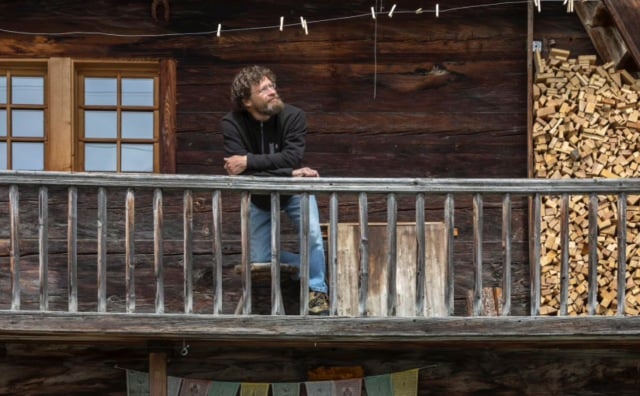This week’s Local List will help you discover how Germanized you are.
Punctuality, straight-talking and hand-shaking are German ways we are all familiar with, but it doesn’t end there.
The Local List reveals all the German things you are probably doing without realizing.




 Please whitelist us to continue reading.
Please whitelist us to continue reading.
Member comments